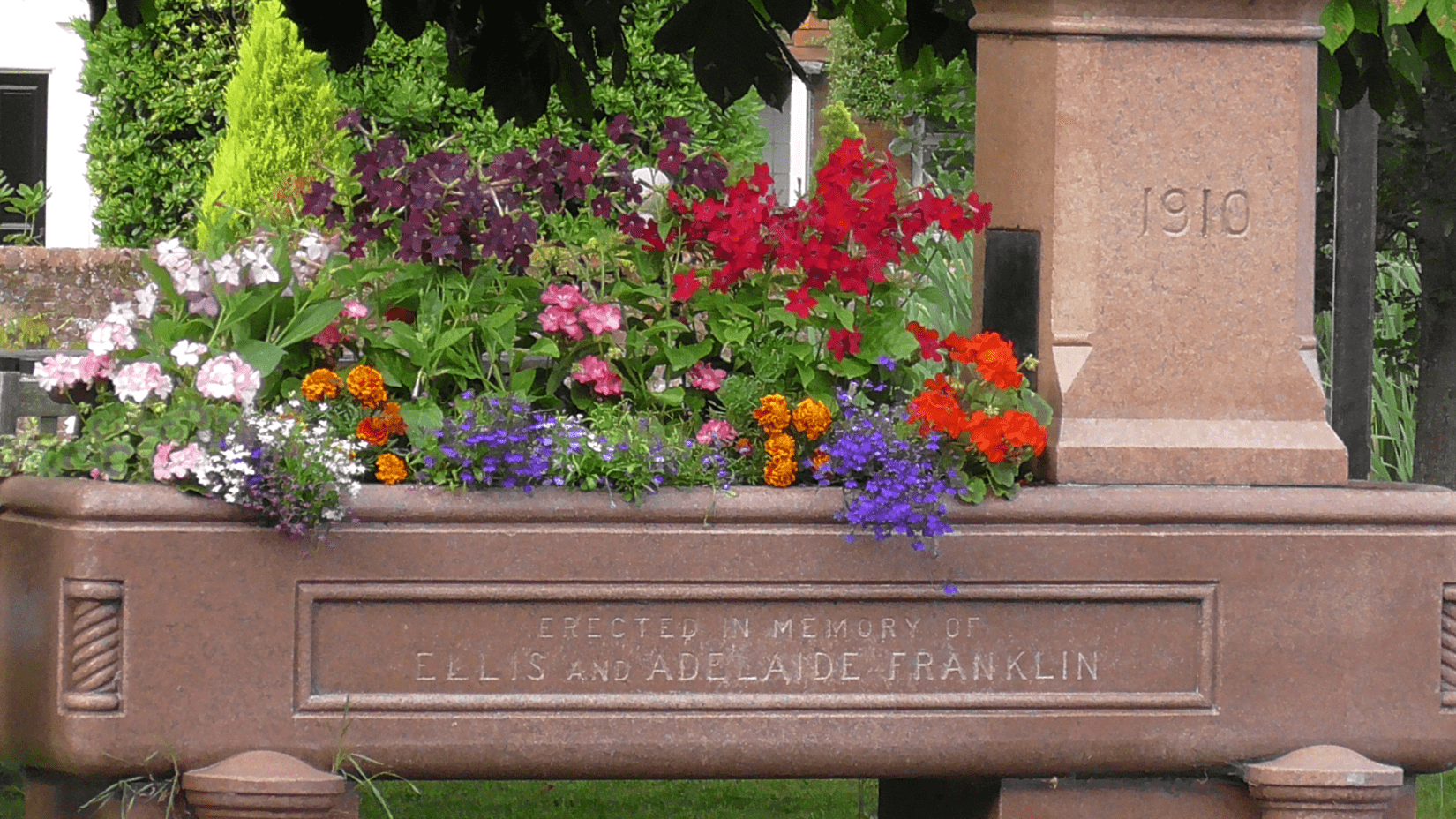We are unable to publish the audited AGAR and completion notice by 30 September, in line with the Accounts and Audit Regulations 2015, because we are awaiting the audit report from the external auditor but will publish as soon as these documents are available. The AGAR as signed off by out Internal Auditor can be found on our Accounts page.
Goudhurst In Bloom 2024

Applications are invited from residents of the Parish for the Goudhurst Parish In Bloom 2024 competition.
Categories are:-
- The best village garden (mostly) visible from the road
- The best cottage garden, not visible from the road
- The best display, including hanging baskets, of commercial properties; this included pubs, shops and all business premises
- The best non-commercial display; such as schools, preschools, war memorial, the Social Club etc.
Application forms can be obtained in local shops, business premises or by emailing clerk@goudhurst-pc.co.uk or download a copy here
The competition has now closed and winners will be announced in September.
Goudhurst D-Day Celebrations 6th June 2024

Our community will be commemorating the 80th anniversary of D-Day at the Goudhurst war memorial between 9:05 and 9:30am on Thursday 6 June.
Please note this change from previous mention of the commemoration starting at 9:30am. This is in fact when it will be ending.
A short service will be followed by the ringing of church bells – how many learned the liberation of Europe had finally begun in 1944 – and the raising of commemorative flags at St Mary’s, Goudhurst, in Kilndown, and in Curtisden Green between 6 and 12 June.
Bells will also be rung at Lamberhurst (6:30pm) and Christ Church, Kilndown (7:30pm) on 6 June.
We Will Remember Them
Picture: Men of No. 47 Commando landing on Gold near La Rivière
Kilndown Village News November 2023
November Parish Newsletter
Removing barriers to access in the High Weald AONB Landowner Offer
Kilndown Newsletter August 2023
Changes to bus services to Tunbridge Wells during the Pembury Road closure (A264)
The 6 will run a normal timetable between Maidstone and Tunbridge Wells Hospital via Pembury, but please note that Hams Travel service 297 between Tenterden and the Hospital will run to a revised timetable to connect with the shuttles.
Arriva service 277 will continue to run via its normal route and timetable so if for any reason the shuttle is delayed the 277 (every half-hour) will provide an alternative between the Hospital and Tunbridge Wells town centre.
Sunday service 6 (which normally runs between Tunbridge Wells Rail Station and the Hospital in the early mornings and evenings only) will continue to do so via a diverted route.
